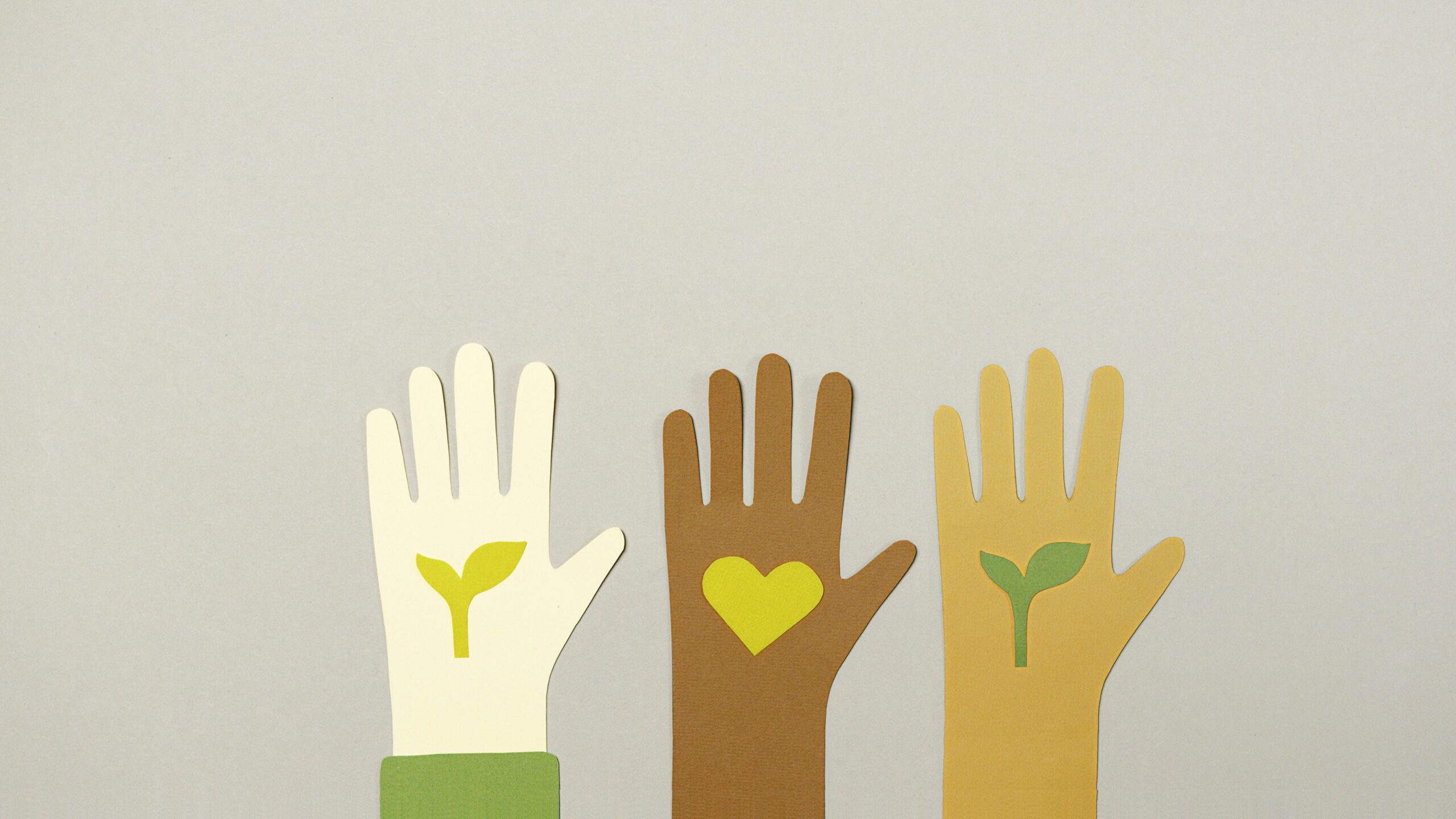
Beyond Self-Care: Building a Culture of Renewal for Service Providers

Learn how service providers can reduce burnout by building a culture of collective care, renewal, and trauma-informed support across teams and organizations.
As the year winds down and our calendars fill, many of us in helping roles feel both gratitude and fatigue. We’ve guided families through transitions, facilitated countless conversations, and held emotional space for others. Yet in quieter moments, we might notice how much energy that takes.
For years, service providers have been encouraged to “practice self-care.” Take a walk. Light a candle. Make time for yourself. These gestures help but they often fall short when the systems around us remain fast-paced and stretched thin. Real sustainability requires something bigger: a culture of renewal that supports collective wellbeing, not just individual regulation.
This season, as we prepare to close another year, we invite you to pause with us and imagine what it could look like if renewal wasn’t an afterthought, but part of the way we work together every day.
🌿 1. Reframing Renewal: Moving Beyond Individual Self-Care
Self-care is a meaningful starting point, but when it’s offered as the main solution to systemic fatigue, it unintentionally places all the responsibility on the individual. Providers are told to be more mindful, more balanced, more resilient, yet sometimes without the structure to make that possible.
A culture of renewal begins when we shift that narrative. It belongs at the heart of every trauma-informed organization. When teams prioritize reflection, pacing, and rest, they are protecting the quality of care that families receive.
At Parenting Journey, our trauma-informed approach grows from our core values of trust, collaboration, and belonging. Those principles don’t only belong in the facilitation group room; they belong in staff meetings, supervision, and leadership practices too. When those same values guide how we treat one another, everyone feels steadier, more connected, and better able to serve families with compassion.
Reflection prompt:
“What would it look like if care for staff was as intentional as care for families?”
💛 2. Recognizing Collective Fatigue
Burnout doesn’t live only in individuals; it spreads quietly through teams and organizations. You might notice it in meetings that feel heavier than they used to, in shorter tempers, in laughter that’s harder to find. That’s collective fatigue: the slow draining of a group’s energy and creativity after a long season of giving.
Recognizing it is about honesty. Teams are living systems, just like families. When one part of the system carries too much, the rest eventually feel it too.
Leaders can open the door to renewal simply by asking:
How is everyone’s energy this week? What’s feeling heavy? What’s been keeping us grounded?
These questions don’t fix everything but they tell your team that their wellbeing matters. They remind us that we don’t have to push through alone.
Collective fatigue deserves collective care. When we name it out loud, we make room for something new to grow.
🌼 3. Creating a Culture of Renewal
A culture of renewal doesn’t appear overnight; it’s cultivated through small, consistent actions that signal: your humanity belongs here.
Here are a few gentle, practical ways teams can begin:
- Make reflection a ritual. Start or end meetings with a moment to breathe, stretch, or share one word that describes how you’re feeling. It builds awareness and connection.
- Protect transition time. After running a group, allow ten quiet minutes to debrief, journal, or simply breathe. This small pause helps prevent emotional carryover into the next task.
- Acknowledge emotional labor. Holding space for others takes real effort. Recognize it out loud. A simple “I know that was a heavy group today, thank you for how you showed up” can mean a lot.
- Balance your load. Try to schedule emotionally intense work alongside lighter, creative, or restorative tasks.
- Model healthy limits. When leaders take their own time off and respect boundaries, it gives everyone else permission to do the same.
These small gestures create ripples. Over time, they tell staff: You don’t have to earn rest. You deserve it because you’re human.
Renewal isn’t a single act, it’s a rhythm. And everyone on the team helps keep that rhythm steady.
🌱 4. Shared Responsibility: From Policy to Practice
Moving beyond self-care means weaving renewal into the fabric of how an organization operates. It asks leadership to align policies and practices with the same trauma-informed values we offer families.
That might look like:
- Reviewing workloads with compassion and realism. Are expectations sustainable?
- Building recovery time into program cycles like planning debrief days after major events or group closings.
- Measuring success differently, valuing the quality of relationships and staff wellbeing alongside outcomes.
- Using supervision as a reflective space, not just a checklist of tasks.
When renewal becomes part of policy, it becomes cultural. It tells staff, You don’t have to pour from an empty cup to prove your commitment.
Sustainable work requires systems that hold us, not just individuals who push through. The more intentionally organizations tend to their people, the stronger their programs and their impact become.
🤝 5. Modeling Collective Wellness
Facilitators and providers have a special kind of influence. The way we care for ourselves and each other shapes the emotional tone of every space we lead.
Modeling collective wellness doesn’t mean showing up perfectly calm or endlessly patient. It means being real. It might sound like, “Let’s all take a deep breath together,” or, “That conversation was heavy. Let’s pause for a moment before we move on.”
Those small acts of transparency build safety. They show those around us that we can tend to our own needs without shame. That care is part of the process, not something separate from it.
When teams model this together, they normalize care as a shared responsibility. Renewal becomes a community practice, passed from one person to another like a breath.
🌻 Closing Reflection: The Power of Caring for Ourselves and Each Other
Self-care will always matter. But it’s only the beginning. Renewal becomes sustainable when it expands from the individual to the collective, from a private intention to a shared culture.
As you move through these final weeks of the year, take time to celebrate the work you’ve done and the ways you’ve cared for one another along the way. Maybe close a meeting with a gratitude round. Maybe set a team intention for the new year. Maybe just pause together, before rushing into what’s next.
Building a culture of renewal starts with a willingness to see that caring for those who care for others is the work.
Because when providers are replenished, families thrive. When teams are supported, communities grow stronger. And when we augment self-care by integrating shared care, we create space for staff, families, and communities to grow together.
Share

